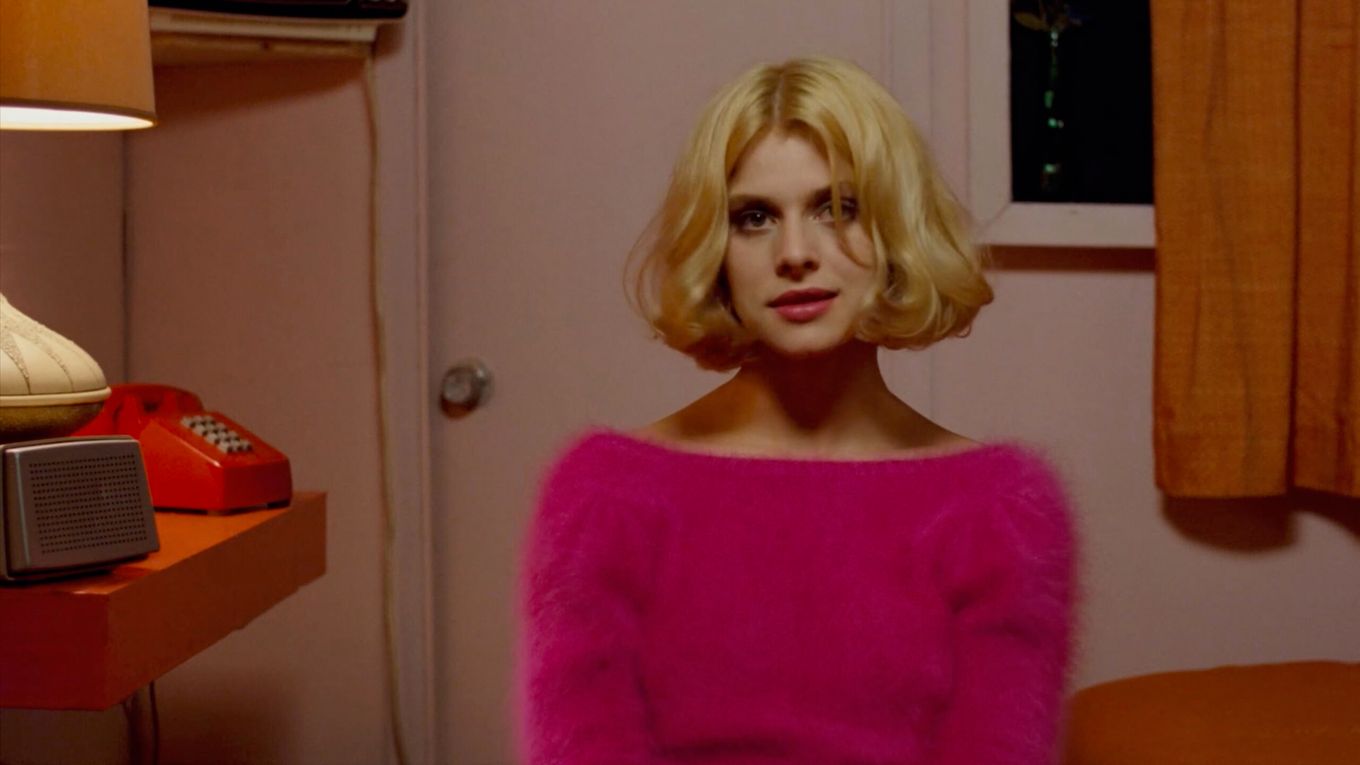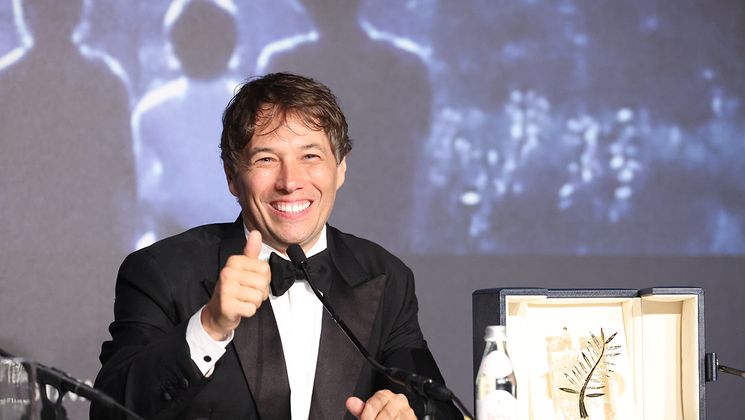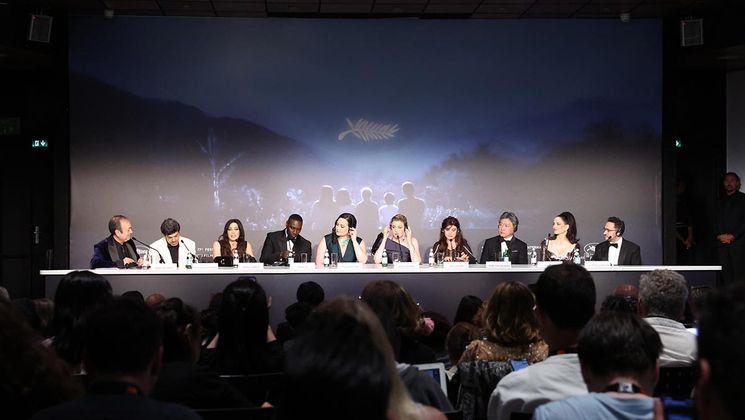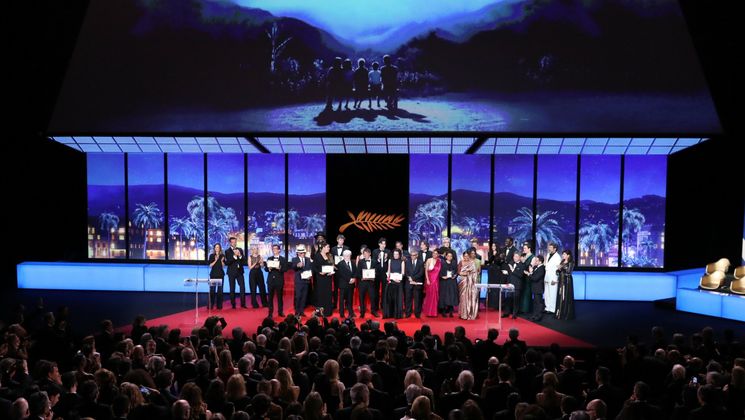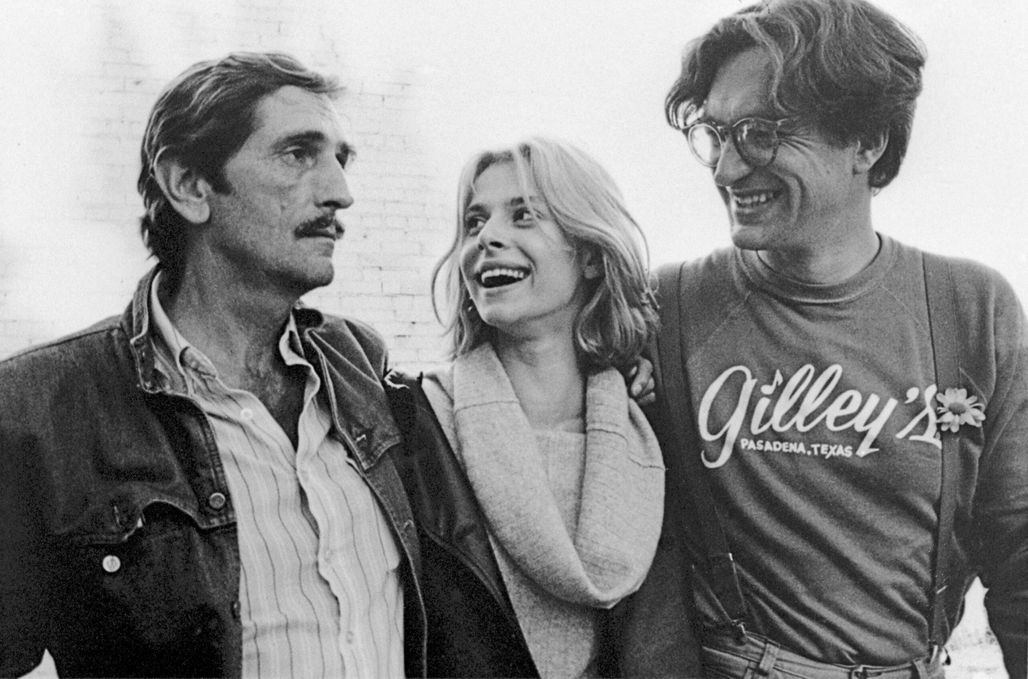
Paris, Texas restored 40 years after winning the Palme d’or

Unveiling Paris, Texas 40 years after the film won the Palme d’or: Wim Wenders, who presented his restored masterpiece at Cannes Classics, describes this restoration as “a journey back in time”.
What is your relationship with Paris, Texas?
40 years is a long time, not only in the life of a director, but also in the life of a film. I was 38 when I shot Paris, Texas. I’m more than twice as old today. Over such a long period, the film and its director can theoretically develop completely different filming methods. I didn’t feel this change. What I felt very strongly, however, was a kind of blind faith in the elements I had access to in 1983. Finally, I was reunited with Robby Müller after a 6 year hiatus, and I could work with Sam Shepard and Ry Cooder, two choices denied by the studio Hammett. I had Claire Denis as my fierce First Assistant, and Harry Dean and Nastassja Kinski, both at their best. I had a story in which I truly believed more than ever before. It felt like I was sailing on a big river and all I had to do was to keep the boat in the current. And I was shooting in my favorite place, the American West, which inspired me so much that Robby and I never planned our set-ups the night before. We just got up every morning and let the landscapes tell us where to put our camera.
You supervised the restoration of Paris, Texas. Could you describe the steps in this project?
Just think about the degree of excellence to which analog film technology had progressed over time – this ingenuous chemistry that helped conserve the magnificent imagery of the first 100 years of film history, which was suddenly outdated, until digital technology was refined enough to capture the full depth of the information contained in each film frame. Scanning the analog film material is the most crucial step: The quality of the scan ultimately determines the restoration result – and it will become the new negative! This means that we have to verify that today’s scan perfectly captures the current state of the negative for an indefinite future. We always chose labs that use the most advanced scanning equipment, and we work with a post team that understands what I consider the right amount of touching up. Obviously, we don’t want any mechanical defects to disrupt the imagery, but it’s also true that one can clean up a film to death. Colour grading is the essential part of the restoration, if it’s done off the original negative like in our case. I always work with my favourite senior colourist who uses the film’s former manifestations as reference and understands the moods of the scenes, and the intention of every shot and cut in order to re-restore the original look in the best possible way, so that it is correctly translated to today’s digital projection and display technology. 4K gives you the chance to see the picture as it was captured by the analog camera at the time. It shows all the beauty of the original film and Robby’s genius, frame by frame. Seeing our new DCP for the first time, I was blown away. It was like a veil had been lifted from the film.
Is Paris, Texas your favourite movie in your filmography?
With films, it’s like with children, they all have their own special place in their parents’ hearts. The successful ones find their own way easier than others and don’t need you anymore. Others cling to you much longer, and you’re often more attached to them than to the ones “who made it.” But Paris, Texas has left a deep footprint in my artistic and personal life. The worldwide success of the film confronted me with a whole new problem: expectation. It took me 3 years to overcome it and not do what everybody expected me to do: “another one” like Paris, Texas. Instead, I eventually did the very opposite: a black and white film with guardian angels in Berlin.
How does it feel to show it again in Cannes after winning the Palme d’or 40 years ago?
It’s like a journey back in time. Suddenly, memories flush over me from 40 years ago, not just about the film, but also about the life of the young man who made the film, with all his struggles, insecurities, hopes and expectations. So, it is also a moment in which you’re forced to take stock. Cannes has been one of the most important places in my life, ever since my first time here in 1976, with Kings of the road, up to last year with Anselm and Perfect Days.
